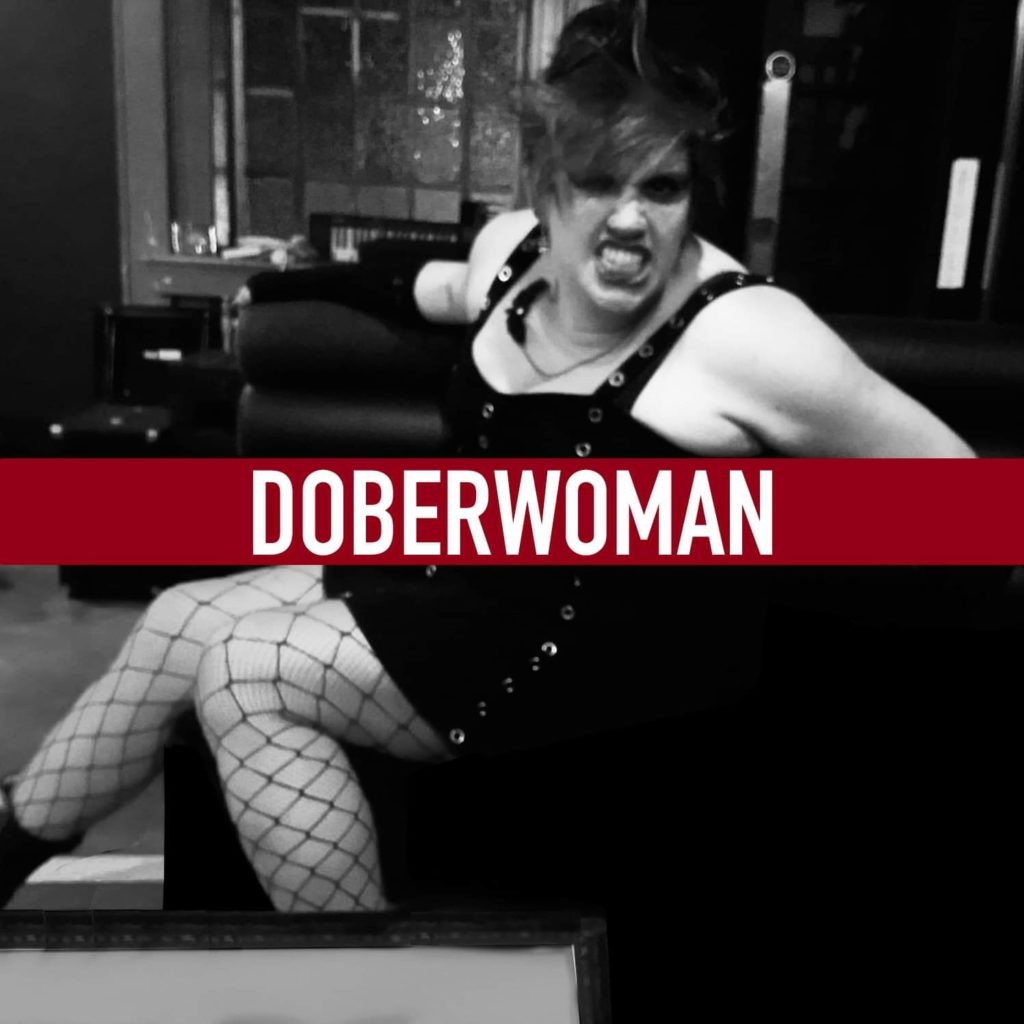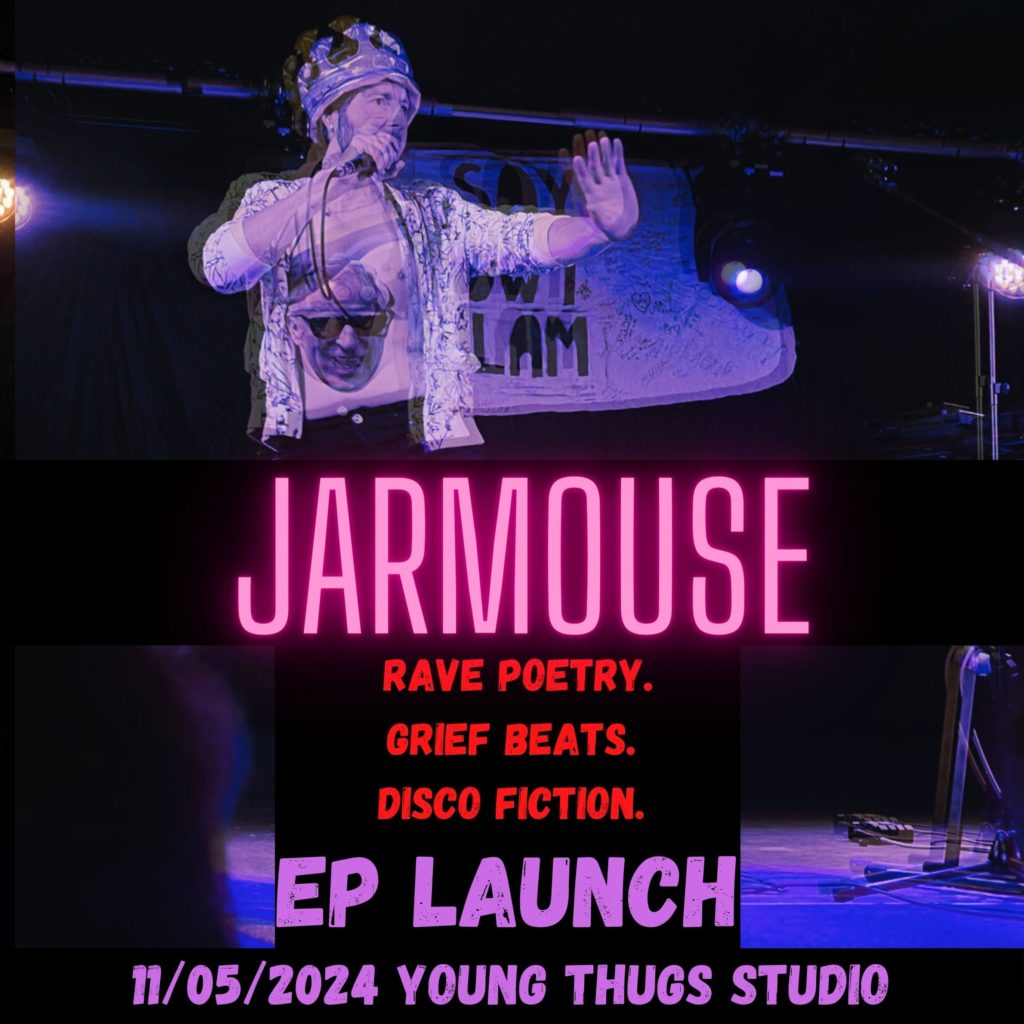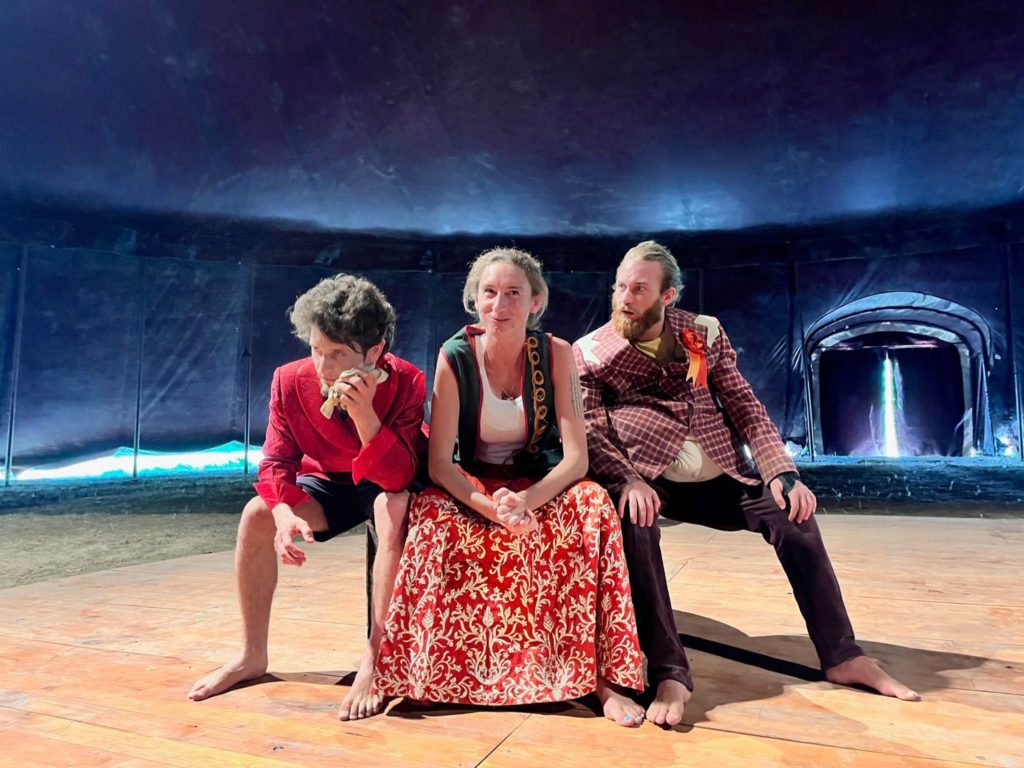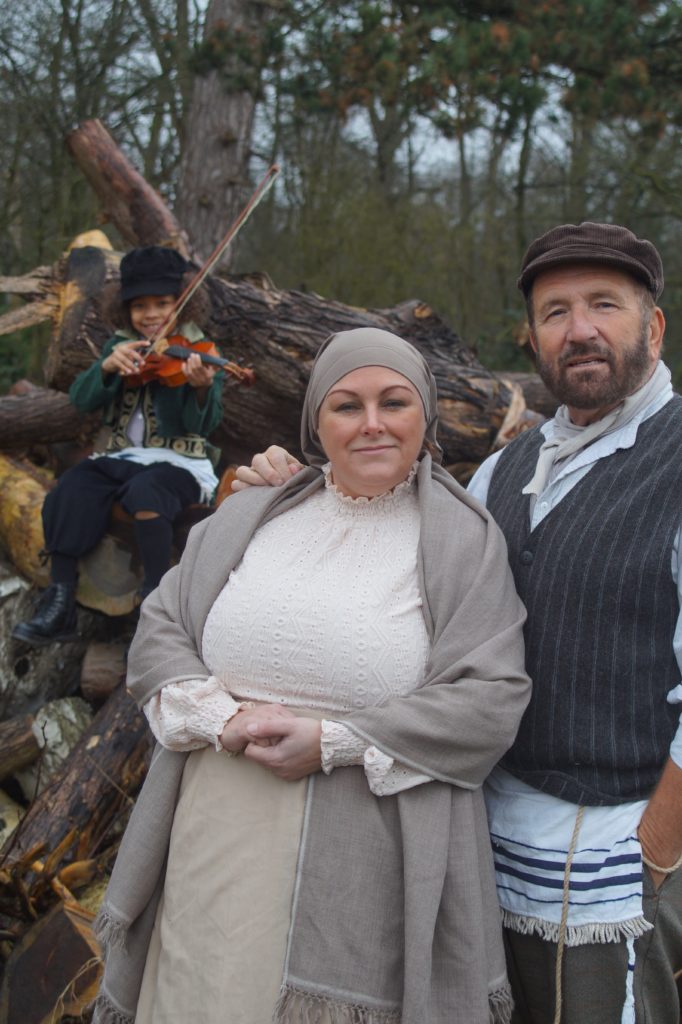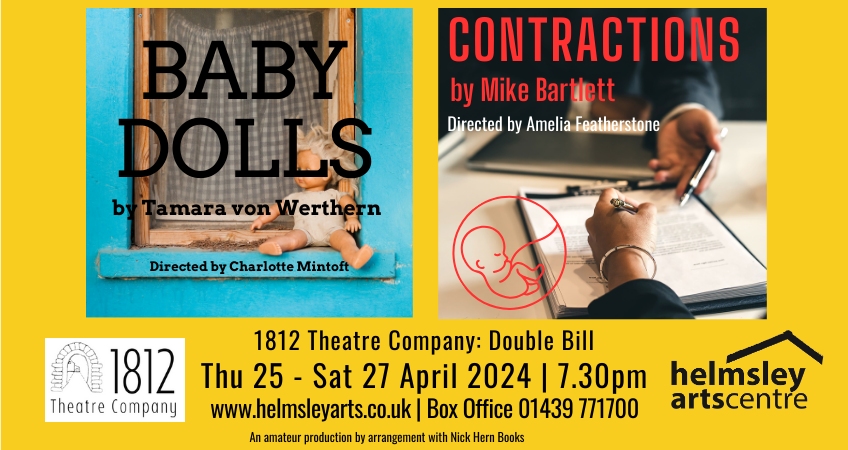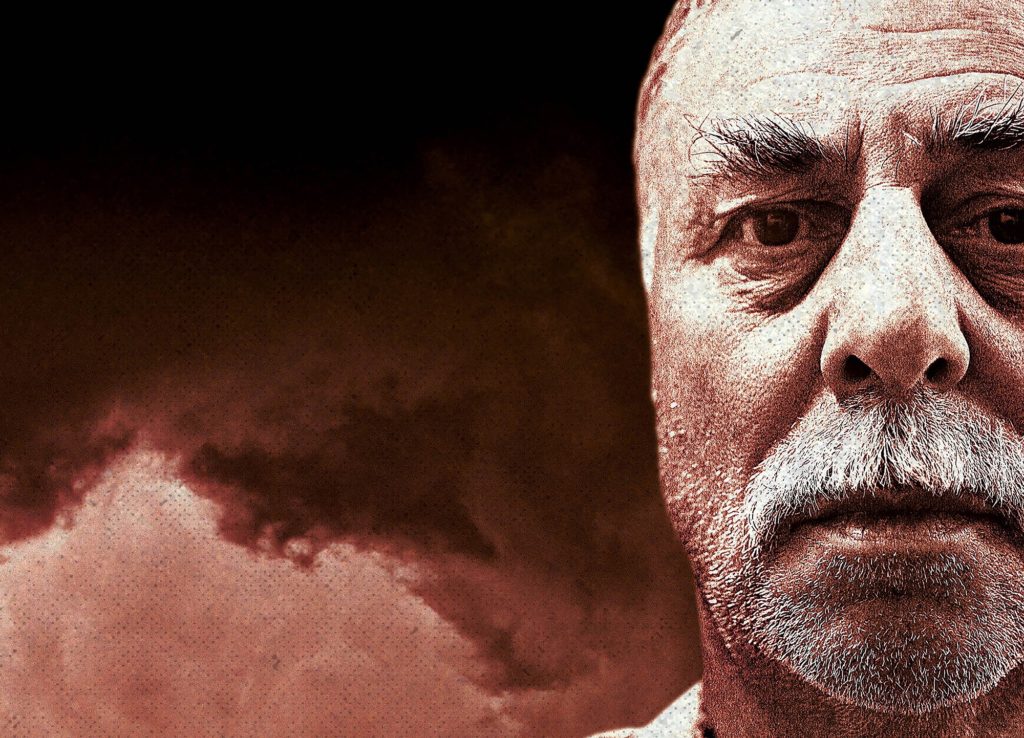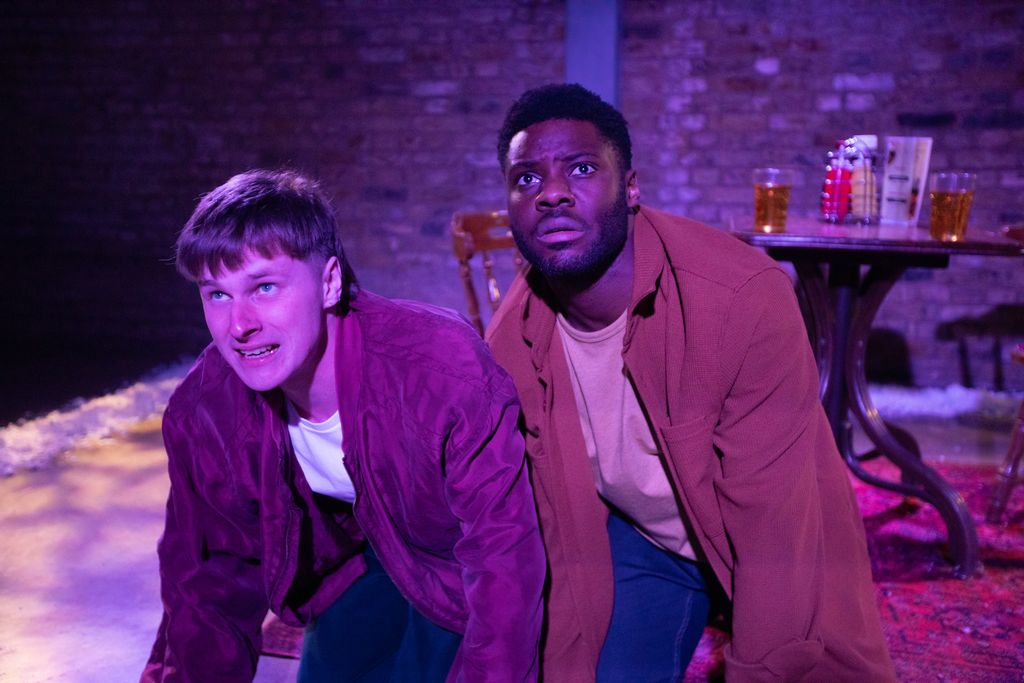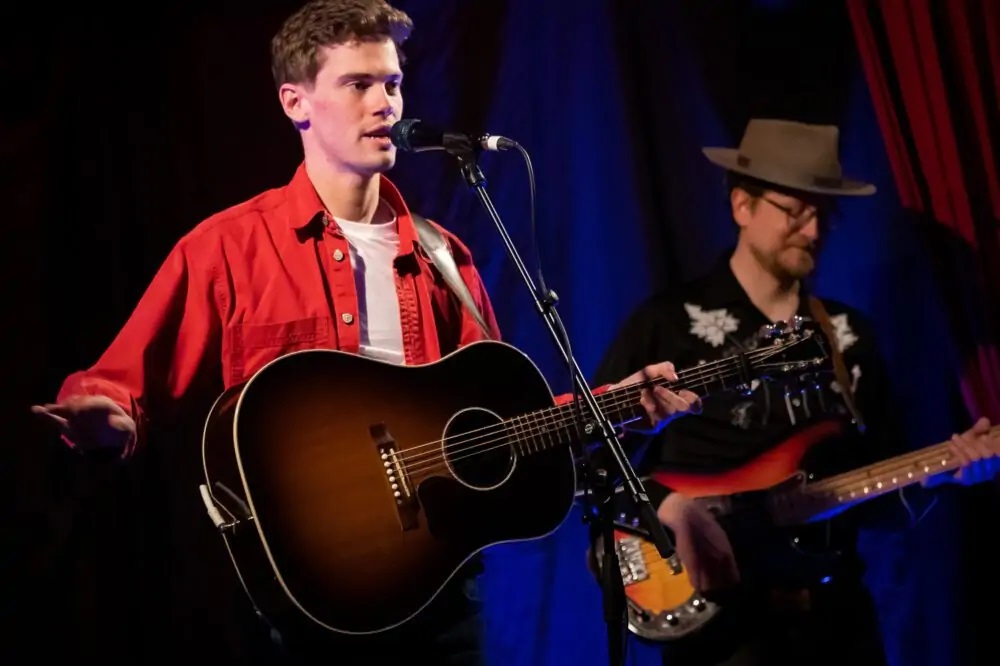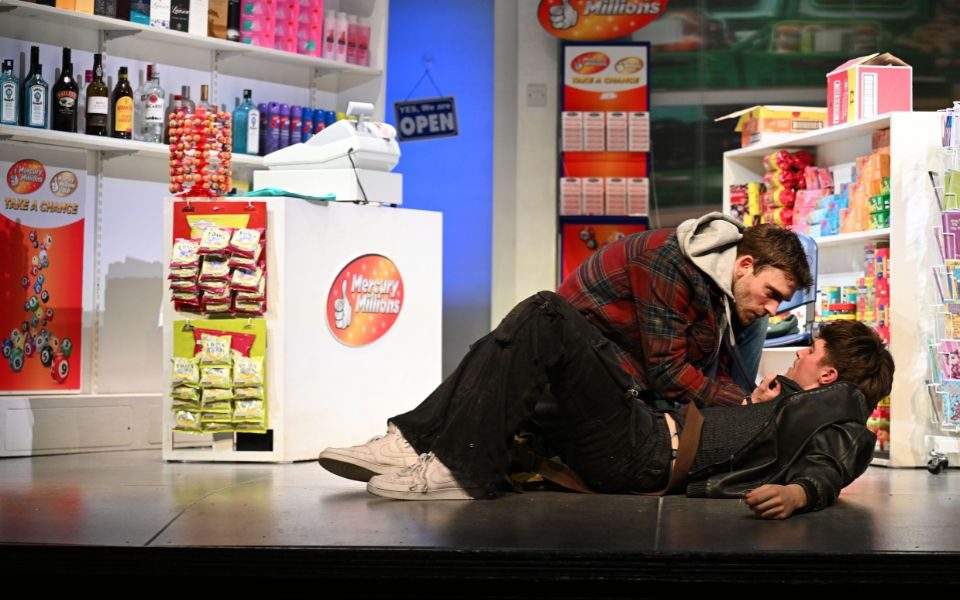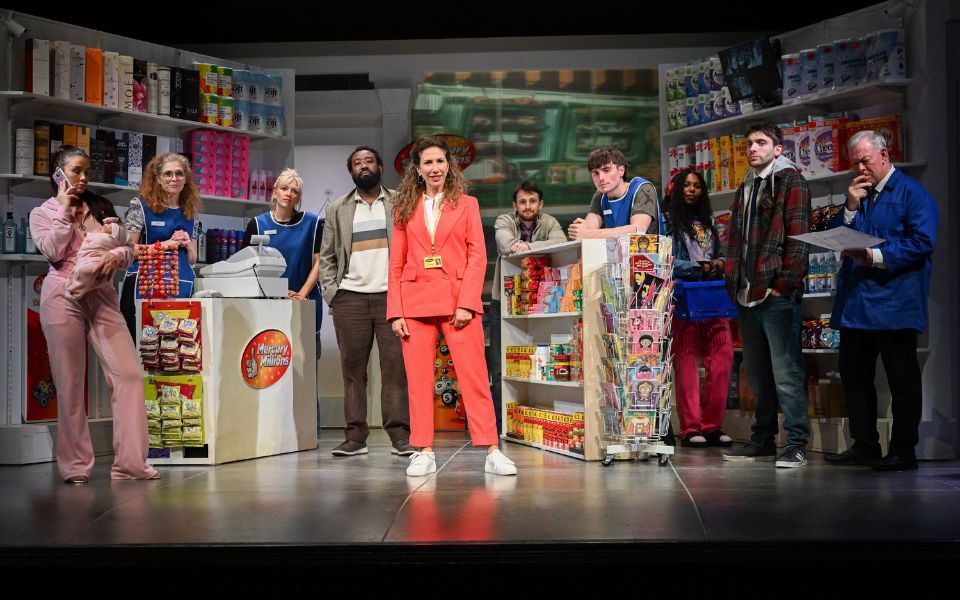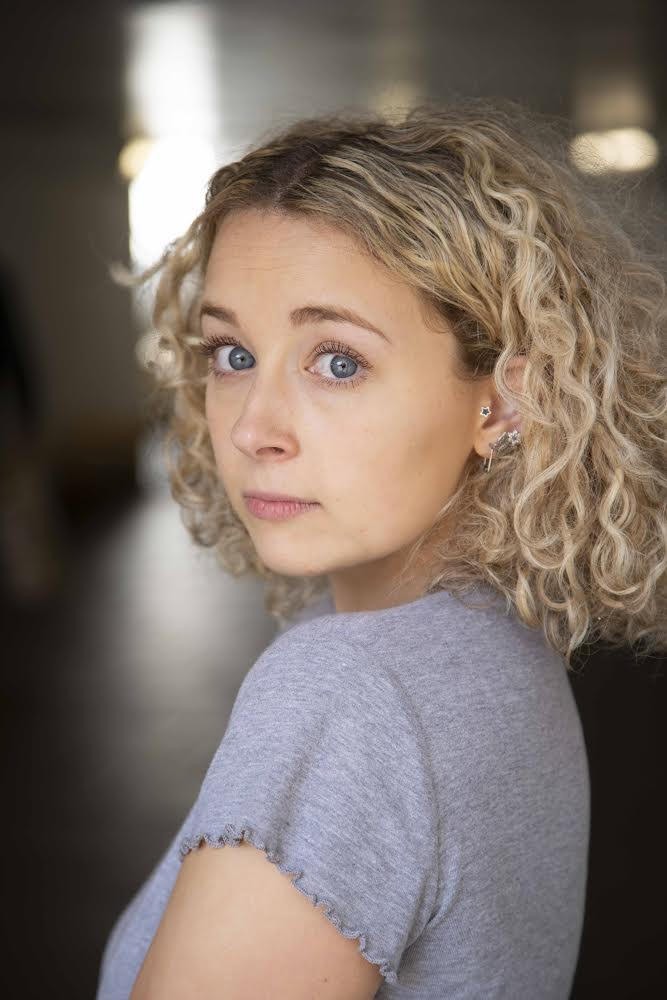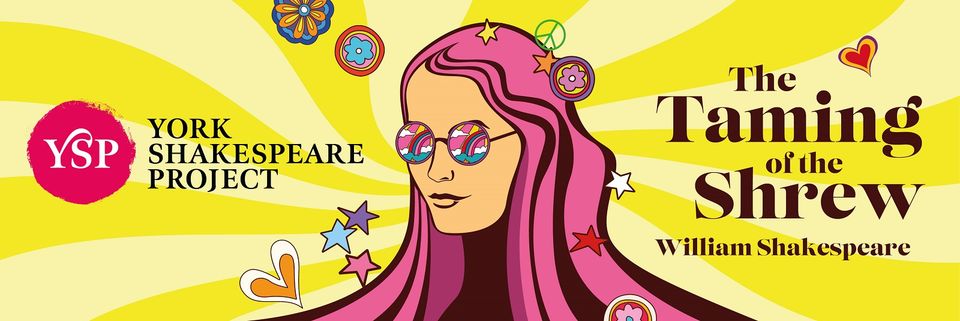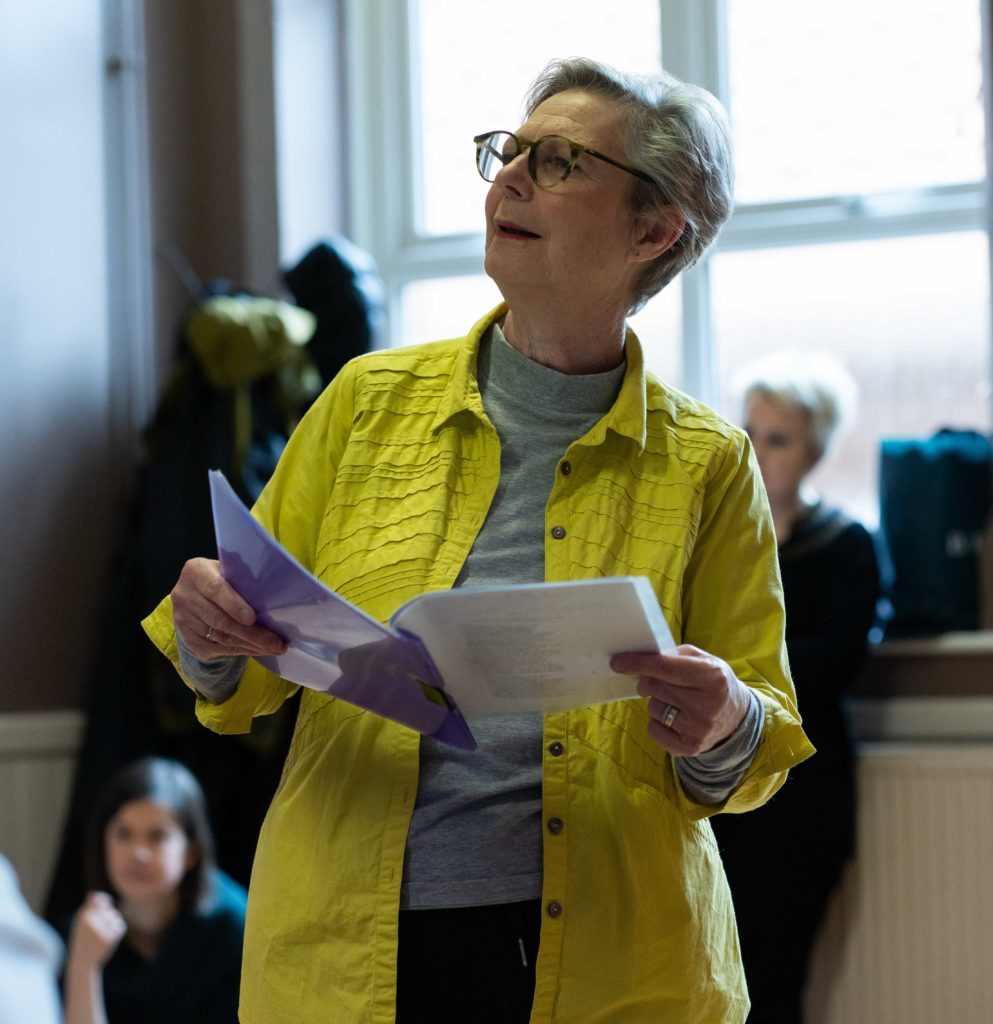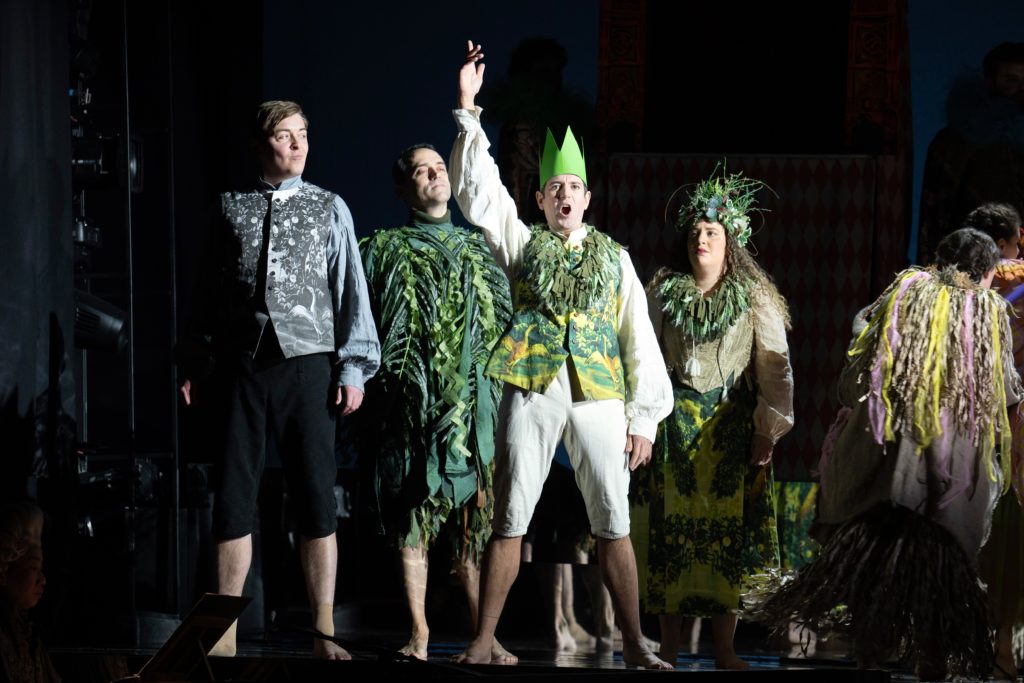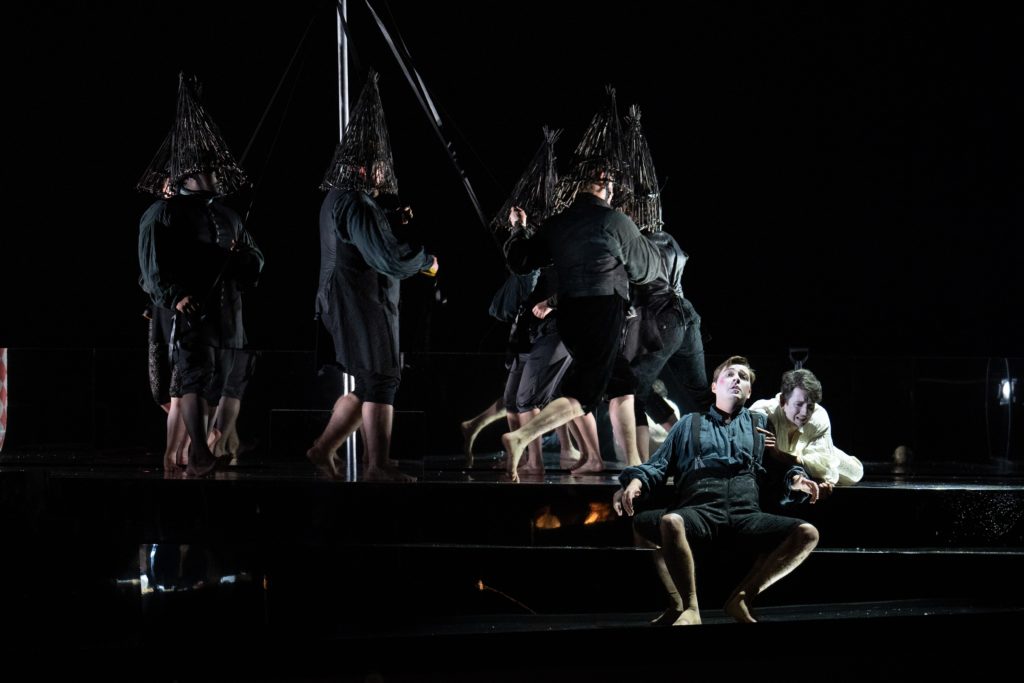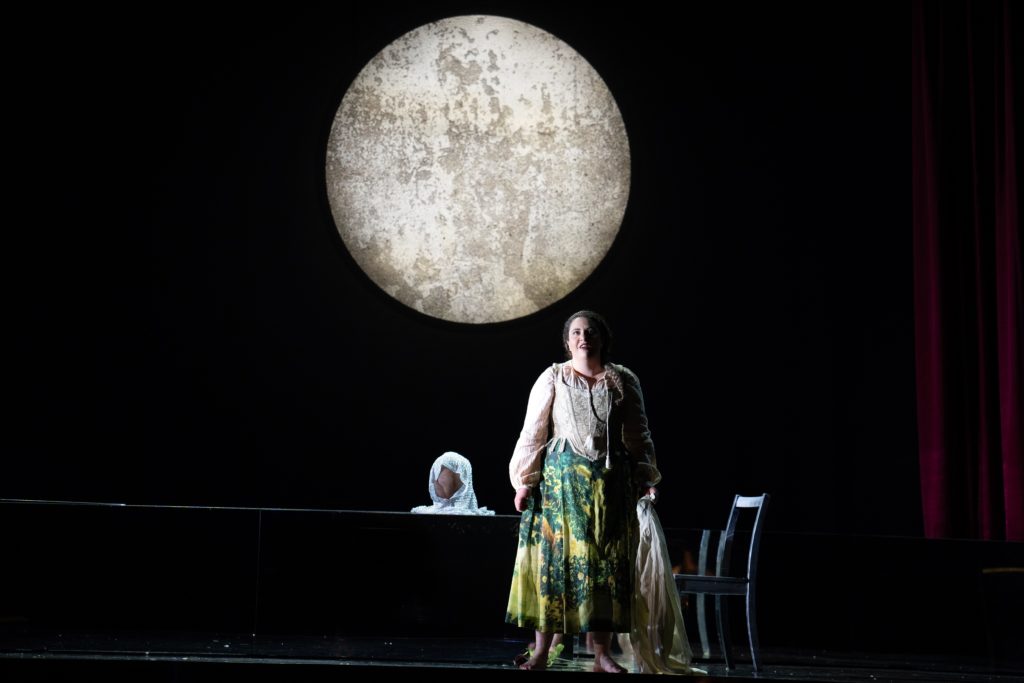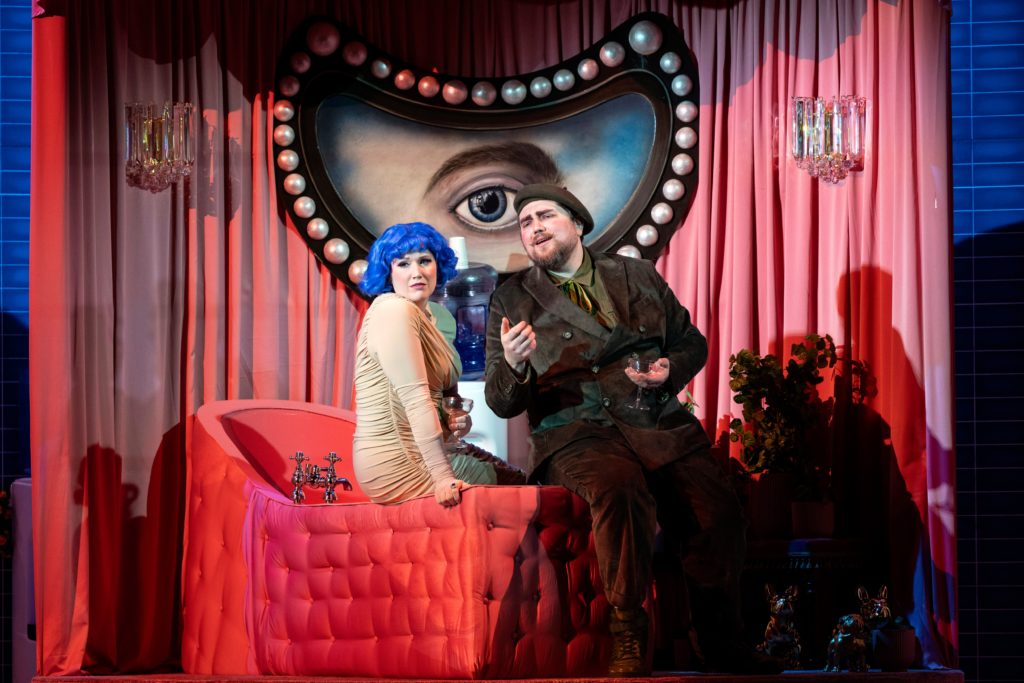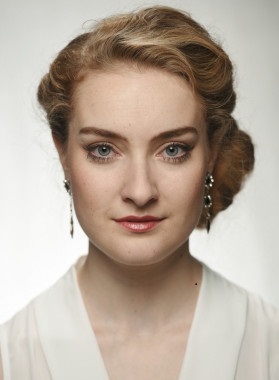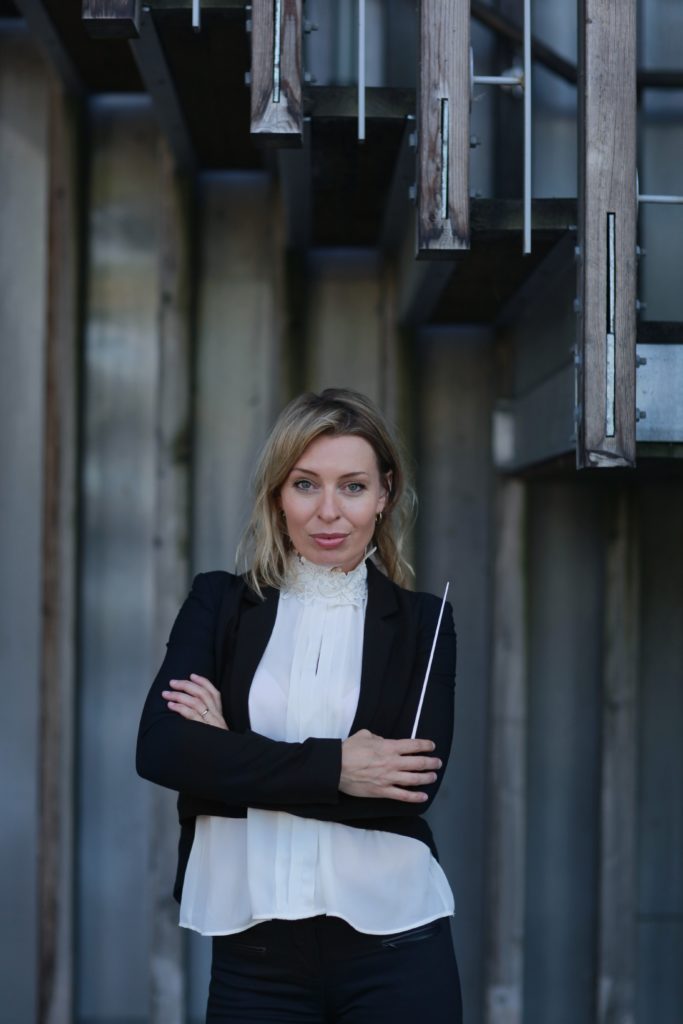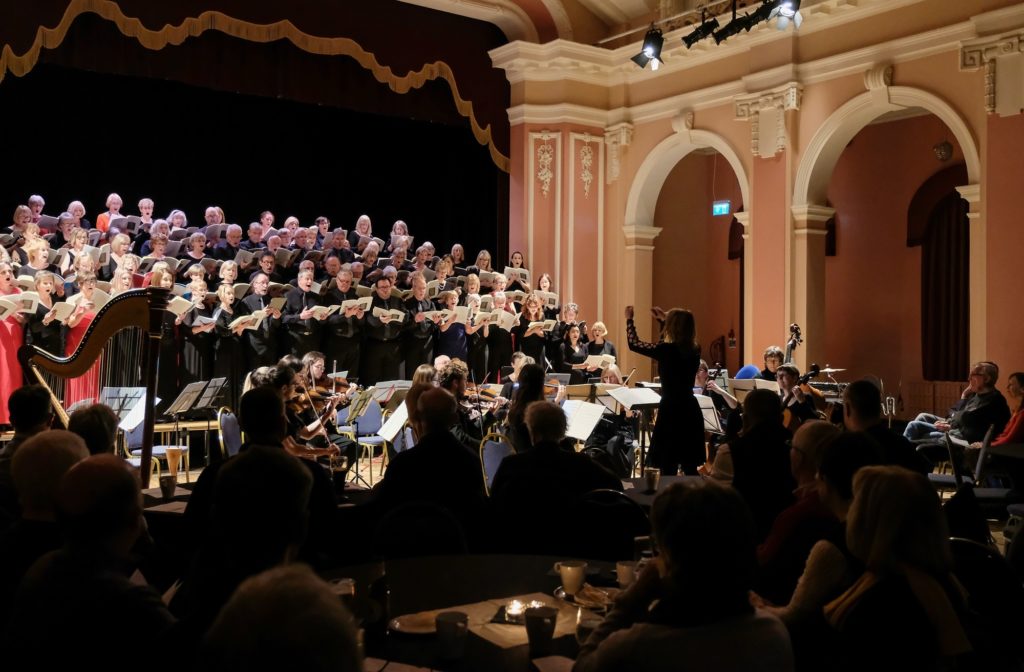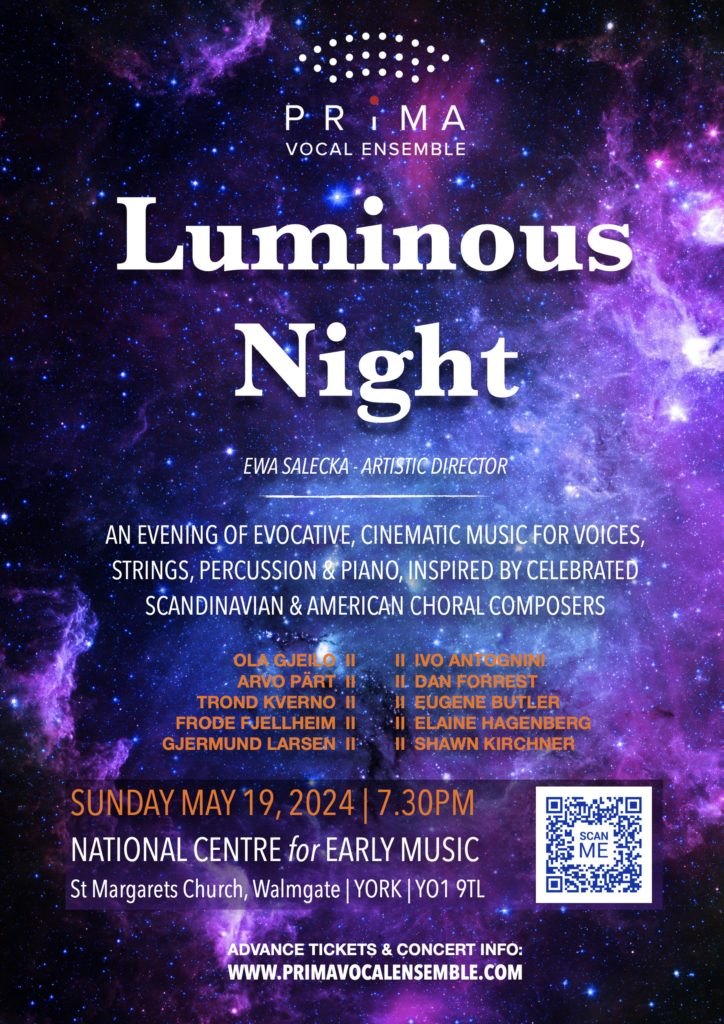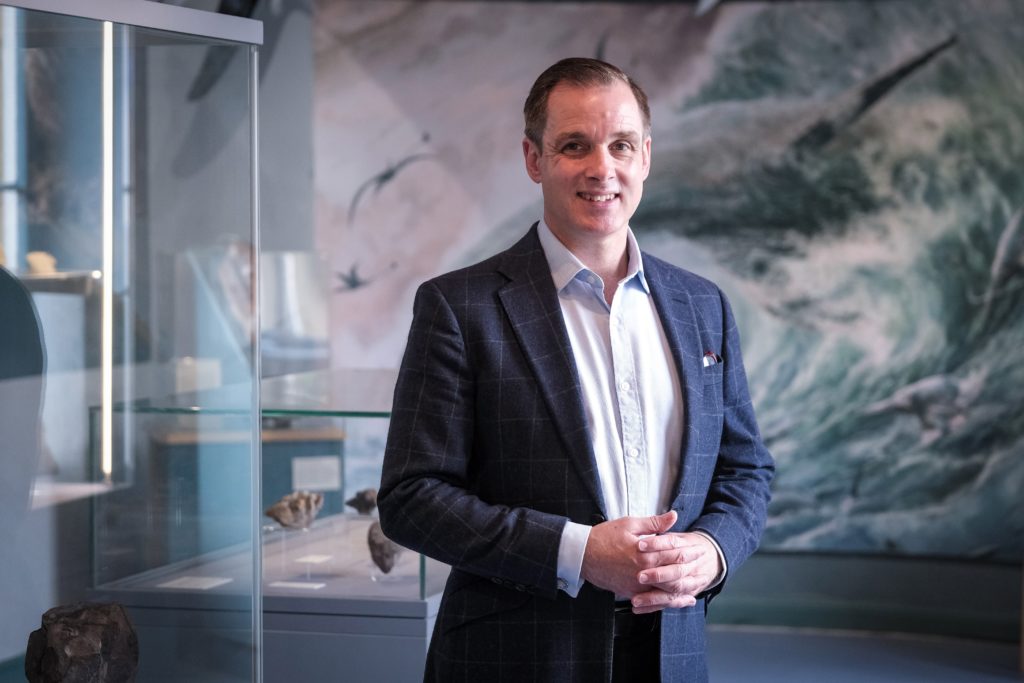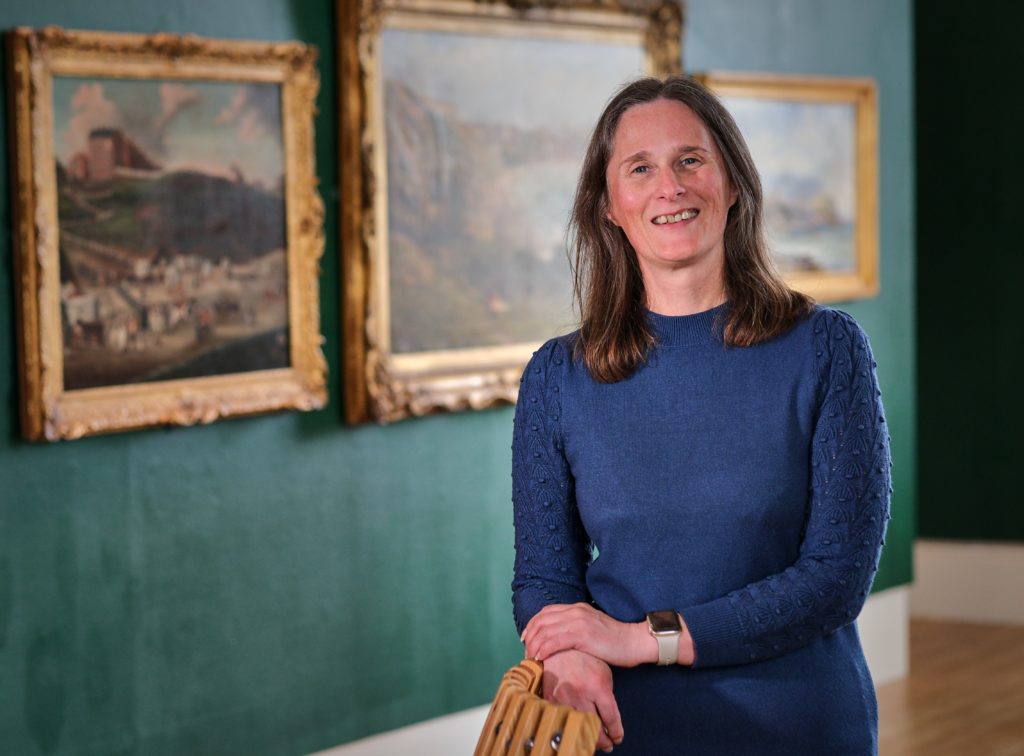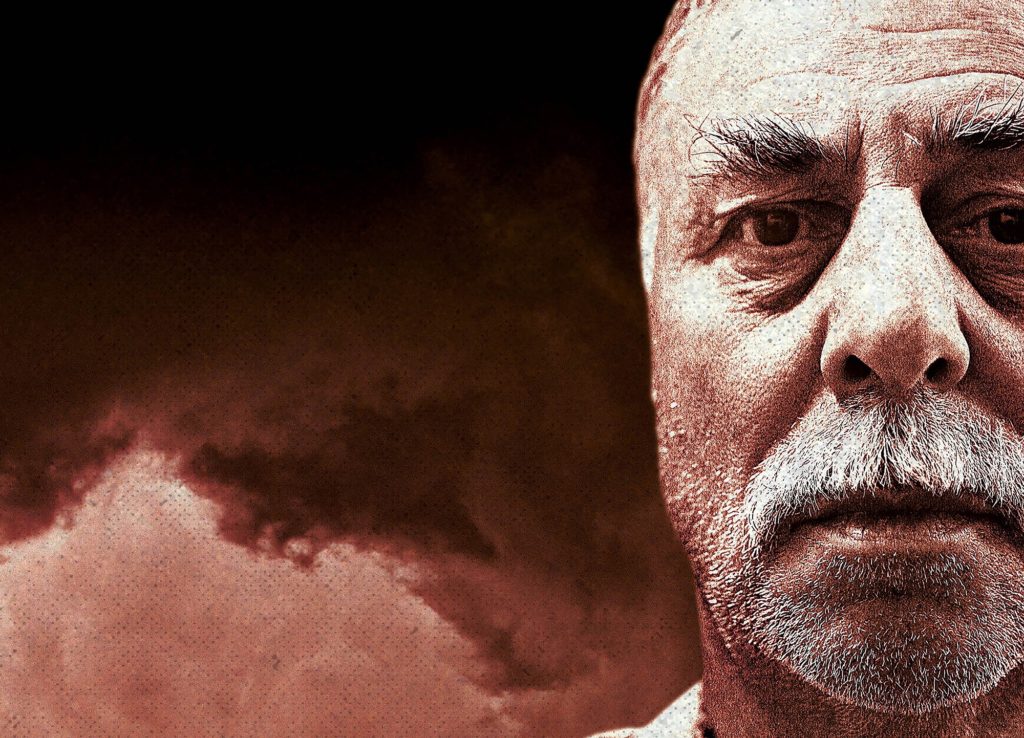
IN his X profile, veteran Yorkshire actor Barrie Rutter OBE introduces himself as: “Lover of language. Awobopaloobopalopbamboom – everything else is Shakespeare”.
Barrie and the Bard have had a long, long relationship, one that is the subject of his new show, Shakespeare’s Royals, whose 11-date tour sends him to the York Theatre Royal Studio tomorrow (26/4/2024) as part of the York International Shakespeare Festival.
Barrie, founder and former artistic director of Northern Broadsides, celebrates the Bard’s kings and queens – their achievements, conquests and foibles – with tales, anecdotes and memories from a career of playing and directing Shakespeare’s Royals.
Told he could never play a king on account of his Yorkshire accent, Hull-born Rutter, now 77, took the revolutionary step of creating his own theatre company in 1992 at Dean Clough in Halifax to use the northern voice for Shakespeare’s kings, queens and emperors, not only the usual drunken porters, jesters or fools.
It has been said that the Yorkshire dialect most readily matches the Elizabethan language of Shakespeare’s time. “I can’t say that would be the case,” says Barrie. “I never claimed that, but all those short vowels and granite-heavy consonants are great lanes for language to travel down, and the northern voices of our country suit that language, that sound – as we know from all the work I did for Tony Harrison, echoing Ancient Greek dramas [The Mysteries, The Oresteia and The Trackers Of Oxyrhynchus].”
Shakespeare’s Royals was first staged as a one-off in Halifax last April. “The evening was such a success that I’m now touring it,” says Barrie. “The first one was at The Viaduct, the cellar theatre space I created at Dean Clough, which I have a real fondness for, and it worked really well.
“Sarah and Jamie Horsley, who run the True North restaurant at Dean Clough and now The Viaduct, suggested putting things on there and taking things out on tour as Sarah sits on the touring board of Arts Council North, so that’s what I’m doing.”
Barrie stepped down from the artistic director’s post at Northern Broadsides in April 2018 in frustration at what he saw as inadequate Arts Council funding for the company. Since then he has worked as a freelance actor, such as performing with Clive Anderson in the world premiere of Daniel Taub’s Winner’s Curse at the Park Theatre, London, in February last year, as well as coming through treatment for throat cancer in 2020.
A show such as Shakespeare’s Royals gives him a chance to keep squeezing his artistic juices. “You need your ego, the one that doesn’t get in the way, but keeps you going, keeps you being imaginative, keeps the brain working,” says Barrie. “This is a way to say I still have something to offer, something entertaining, something informative…and always pleasurable. This show is a bit of all that…and it’s political too.
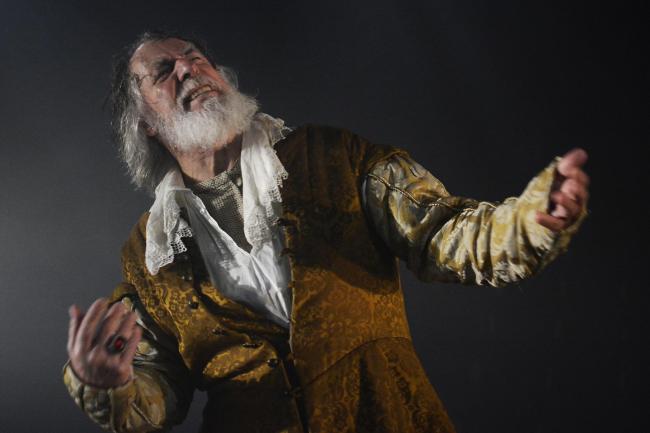
“I make no secret of choosing Titania’s climate change speech from A Midsummer Night’s Dream [Act II, Scene 1] and the ‘basic anti-Brexit edit’ of John of Gaunt’s This England monologue [from Richard II, Act II, Scene 1].
His favourite speech from Henry VI, Part Three, others from Henry V and King Lear, feature too, bookended by Macbeth, his first show as a “winsome 18-year-old at school” in 1964.
Shakespeare’s Royals combines Rutter’s guide to Shakespeare’s royalty, from Richard III to Henry IV, V and VI and the fairy king and queen of A Midsummer Night’s Dream, with humorous anecdotes from his life in the theatre, whether founding Northern Broadsides, directing Lenny Henry in his Shakespeare debut as Othello, portraying assorted royals or encountering Dizzy Gillespie and Rudolf Nureyev.
As he reflects on a career that has taken him from Hamburg to Helsinki, Brazil to Beijing, Shakespeare’s Globe to the amphitheatre of Epidaurus in Greece, he says: “Some stories are very personal, some are instructive of what makes me tick, what I enjoy; hopefully they will be relatable and fun.
“In the case of the Calypso that accompanies Richard II, I was just going along my shelves, seeing what was there, and I remembered this Calypso that I sang in 1966 and didn’t sing again until last year – and yet I could recall every line.”
Barrie will be joined by Emily Butterfield from Northern Broadsides. “I didn’t want there to be no female voice in the show,” he says. “So I have Emily for Titania, Cleopatra and Elizabeth from Richard III, and there’ll be more music: a dirty limerick with Henry V and 12-bar blues with Cleopatra. Emily also plays the flute, and she’ll close the show with the last song from Twelfth Night.”
At school, an English teacher had frogmarched Rutter into the school play because he had “the gob for it”, and feeling at home on stage, he chose his future direction and has never looked back. Now he returns to York Theatre Royal, where he last appeared in November 2017 in his farewell Broadsides tour, For Love Or Money, a typically anarchic theatrical double act with Blake Morrison.
Time for Barrie Rutter to shake up Shakespeare once more.
Barrie Rutter: Shakespeare’s Royals, York Theatre Royal Studio, tomorrow (26/4/2024), 7.45pm;. Also Ripon Theatre Festival, Ripon Cathedral, July 4, 7.30pm. Box office: York, 01904 623568 or yorktheatreroyal.co.uk; Ripon, ripontheatrefestival.org.



